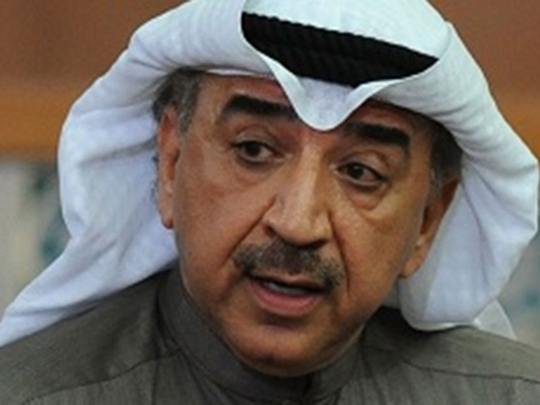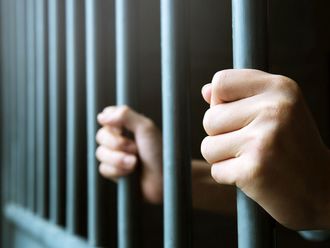
Manama: The first session of the trial of Kuwaiti lawmaker Abdul Hameed Dashti, under fire over controversial issues, has been scheduled on August 20.
A court will look into the two cases brought against him for targeting Saudi Arabia and becoming involved in antagonistic activities through statements and tweets that put Kuwait’s relations with its neighbour at risk, Kuwaiti media reported on Thursday.
The ministry of foreign affairs filed cases against the lawmaker after it received complaints from the Saudi embassy in Kuwait in which it expressed deep dismay over Dashti’s attitude.
The public prosecution has reportedly asked the interior ministry to summon Dashti after it was told the lawmaker did not have parliamentary immunity.
In July, parliament told public prosecution that the parliamentary term was over and that its members could not discuss lifting the immunity of MP Dashti.
The parliament’s answer legally meant that the lawmaker had no immunity and that the prosecution could deal with him like any ordinary citizen.
According to reports, the public prosecution wanted to question Dashti in the first question over the tweets he posted against Saudi Arabia.
In the second case, the prosecution wants answers regarding the anti-Saudi Arabia statements he made during a television interview.
Dashti who is currently out of Kuwait and will be summoned as soon as he lands will also face two cases filed by lawyers following his highly controversial visit last month to the family of Emad Mughniyeh, the late Hezbollah commander accused of involvement in the hijacking of a Kuwaiti airliner and the assassination attempt against Kuwait’s late Emir Shaikh Jaber Al Ahmad.
The controversy erupted after Dashti posted pictures of him kissing the head of Mughniyeh’s father and sitting with members of the family.
Reports in Kuwait had speculated the lawmaker would remain abroad until late October when parliament convenes following the summer recess, allowing him to enjoy his parliamentary immunity and dodge the questioning process.












